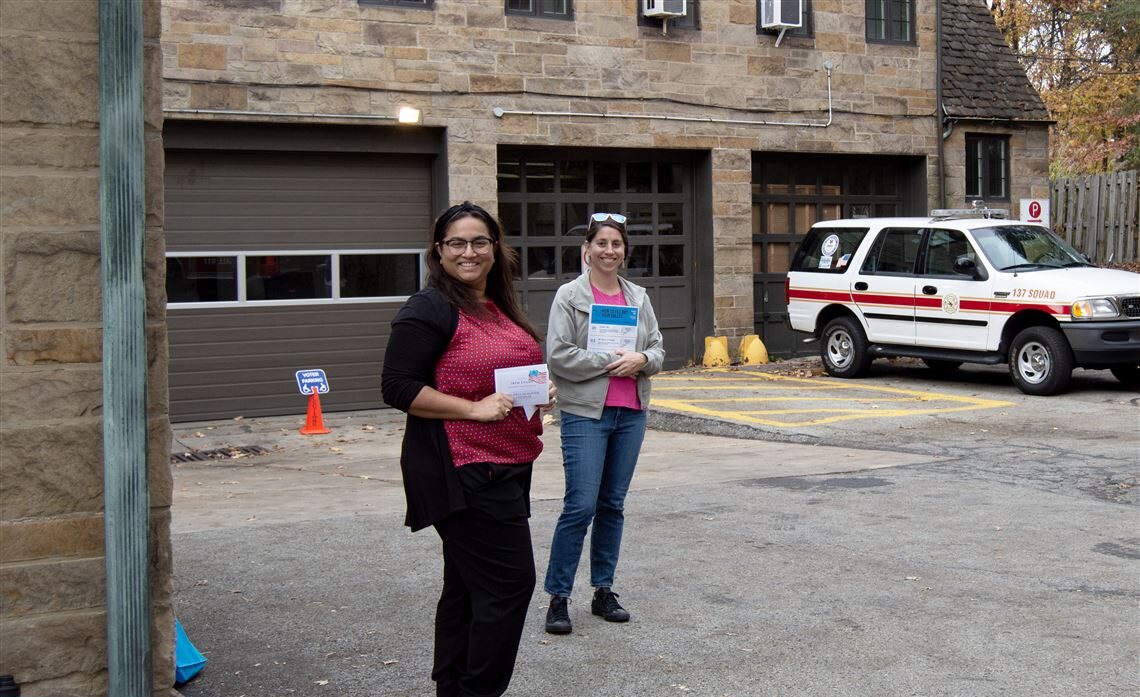‘We’re reaching out every way we can’: Pennsylvania election directors seek poll workers for presidential primary
Election directors across the state are ramping up efforts to recruit enough poll workers to run the voting locations
February 13, 2024 | Sydney Carruth | Pittsburgh Post-Gazette
Officials across Pennsylvania are ramping up efforts to recruit enough poll workers to staff voting locations ahead of the April 23 presidential primary.
State-wide, Pennsylvania will need about 45,000 poll workers to staff all 9,000 voting locations by April. The recruitment legwork will fall to county election boards and officials, who will need to recruit and train poll workers despite what experts and officials say is a particularly challenging election landscape. …
“There is a shortage of poll workers. It’s a job that has low pay and long hours … the political environment doesn’t help because there’s so much contentiousness associated with this election.” -Darrell West
Darrell West, a senior fellow at the Brookings Institution, a nonpartisan policy think tank based in Washington, D.C.


